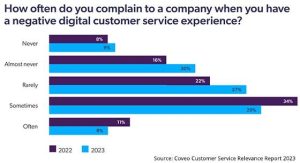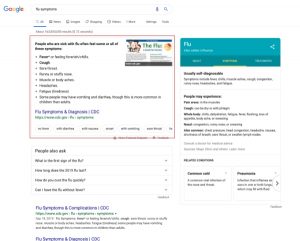What do good bosses have in common?
Good leaders might look different depending on industry or role. But they have certain key traits in common, say experts.
BY Julia Herbst
Welcome to Work Smarter, Fast Company‘s newsletter on career, leadership, and productivity advice. You can sign up to receive this newsletter every week here.
At Fast Company, we spend a lot of time talking about how to deal with bad bosses. It makes sense—a toxic manager can dramatically impact your daily life, as well as the likelihood you’ll quickly flee to another role.
But it’s important to talk about the flip side of things too. What makes an especially good leader? It’s not just that they’re nice. Is it what they say? How they stick up for you to their boss?

3 traits of good bosses
Leah Mether, author of Steer Through the Storm: How to Communicate and Lead Courageously Through Change, tackles this very question. She says there are three things they have in common, including prioritizing clear communication, demonstrating genuine care for their team, and setting realistic expectations.
While communicating clearly and showing empathy might feel somewhat intuitive, the third skill of setting reasonable expectations is an important thing to highlight. “Amid feelings of overwhelm, when so much feels out of control, having realistic and clear expectations from a leader is essential,” writes Mether. “Leaders must ensure workloads are realistic to prevent burnout and foster a healthy work-life balance or risk having their employees resign or be off work on sick or stress leave.”
Other good boss traits include consistency—after all, it’s off-putting to employees if they never know which version of you to expect—and self-awareness. “The best bosses are in tune with what it feels like to work for them,” Robert I. Sutton, Stanford professor and author of Good Boss, Bad Boss: How to be the Best . . . and Learn from the Worst, tells writer Gwen Moran.
If you’re looking to cultivate these traits yourself, there’s hope. You can start by collecting honest feedback from reports, thinking about the type of leadership you admire, and communicating clearly with your team about how you like to lead.
ABOUT THE AUTHOR
(13)
Report Post






